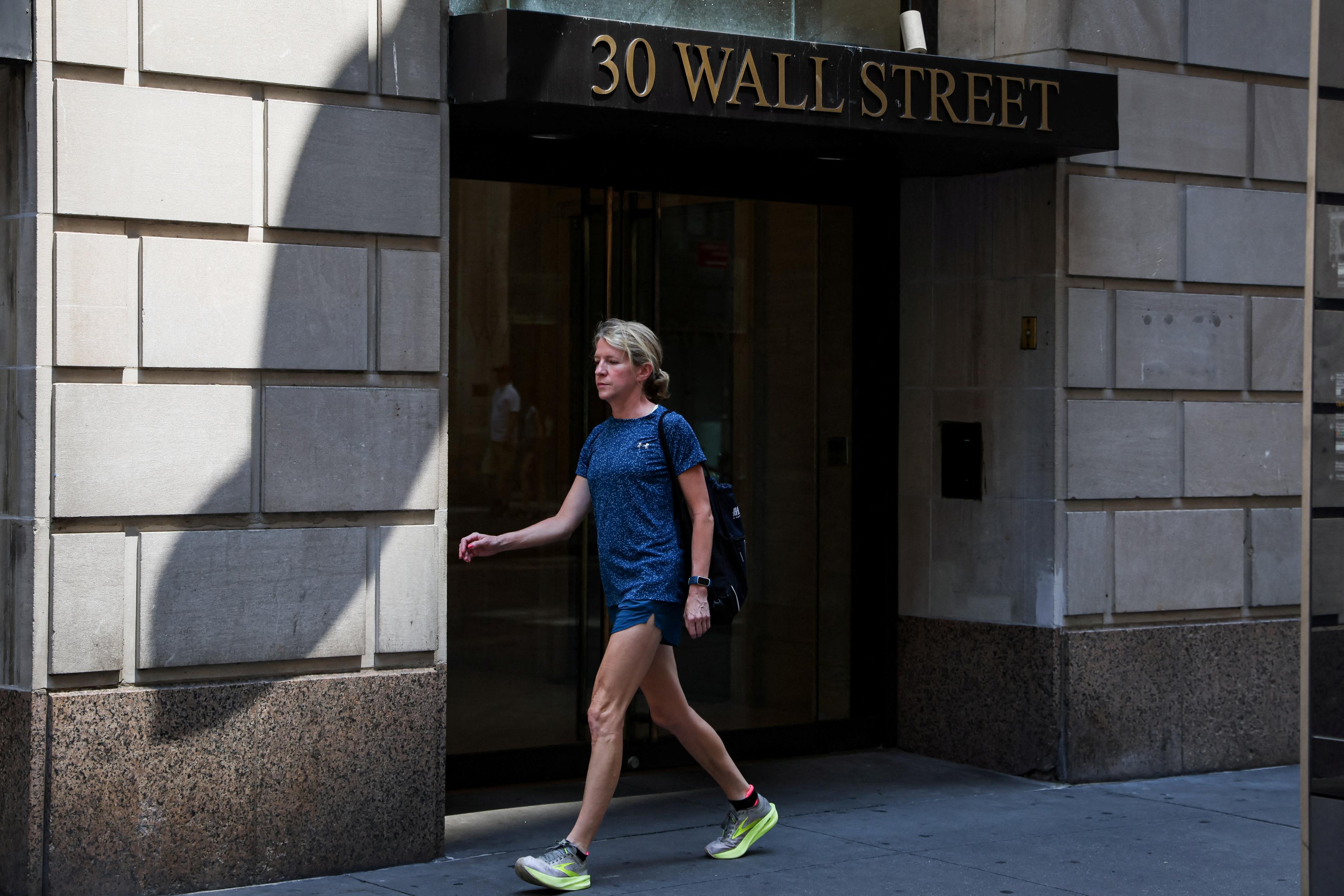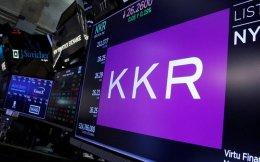Mergers and acquisitions activity globally showed few signs of improvement but a rebound in volumes in the United States - the world's biggest investment banking market - gave dealmakers hope of a sustained recovery in the near term.
The total quarterly value of M&A fell slightly to $717.4 billion by September 28, according to data from Dealogic, from $738.1 billion last year during the same period.
During the third quarter, US dealmaking contributed to a larger-than-usual share of global activity and offset a decline in volumes in Europe and Asia Pacific, accounting for about half of global volumes.
"My outlook is stable - we're going to continue to see a steady flow of deals. We're not going to see the craziness that we had in 2021. But on the other hand, I think all these predictions of the demise of M&A are overblown," said Melissa Sawyer, global head of M&A at law firm Sullivan & Cromwell LLP.
US dealmakers advised on deals worth $356.51 billion during the quarter - a 35% jump from the same period last year. Deal volumes in Europe and Asia Pacific fell 31% and 9%, respectively.
Investment bankers and M&A lawyers blamed headwinds such as high interest rates, increased antitrust scrutiny, and a looming US federal government shutdown for the sluggish pace of activity, but pointed out that cash-flush buyers have started to fight through the market conditions to go after sizable targets.
This could lead to more hostile and unsolicited approaches from well-capitalized buyers, they said, pointing to examples like Cleveland-Cliffs Inc's $7.3 billion bid for US Steel.
"There is a good amount of pent-up demand for M&A. In 2023, the deals that are getting done are more like perfect fit deals. The buyer is the right buyer for the business, and they're paying premium multiples for it. 2024 seems to be setting up to be more significant," said Tony Kim, co-president of investment banking at Centerview Partners.
The financing environment for leveraged buyouts remained challenging as central banks maintained high interest rates, forcing private equity firms to use solutions, like earn-out structures and contingent value rights (CVRs), to reconcile price differences. Roark Capital's $9.55 billion buyout of sandwich chain Subway, for instance, included an earn-out structure.
To date, private equity deal volumes have slumped 48% to $313.73 billion, compared to the same period last year.
"Funding conditions have stabilized and IPO (initial public offering) markets are opening up so the sentiment is constructive and private equity is preparing to get back to work,” said Andre Kelleners, head of EMEA M&A at Goldman Sachs.
Deal activity driven by activist shareholders was muted as several big-name activists reached settlements with corporate boardrooms. Large investment banks culled staff by the thousands as overall activity remained well below the peaks of 2021.
Dealmaking in technology, which typically accounts for the largest share of deal volumes, has fallen 51% so far this year. Those declines were partially offset by a 25% jump in volumes from the healthcare sector where large pharma companies paid rich premiums for attractive biotech targets.
"The view looking forward out of the windshield is very different from the scene looking at the rearview mirror. It’s very consistent with historical trends where after a boom year like 2021, it takes about two years for the market to bottom out, settle and find its footing - and we are seeing that," said Naveen Nataraj, co-head of US Investment Banking at Evercore Inc.
Cisco System Inc's $28-billion takeover of Splunk Inc, GTCR LLC's $18.5 billion deal for the merchant services business of Fidelity National Information Services, and Smurfit Kappa Group's $11 billion acquisition of US rival WestRock Co were the largest deals of the third quarter.
ANTITRUST SCRUTINY
Dealmakers cautioned that the ever-growing complexity of the antitrust regulation globally would force a fewer number of mega-deals, with global volumes expected to be driven by more deals valued between $1 billion to $10 billion in the near term.
"For years, it’s been the European regulatory process that has been difficult to navigate. Now ... it's obviously very difficult in the US, and it is much more unpredictable," said Rob Kindler, global chair of the M&A group at Paul, Weiss, Rifkind, Wharton & Garrison LLP.
Large private equity firms that have raised record amounts of capital in recent years are under increasing pressure to use those funds for dealmaking despite current rates, thus potentially leading to a significant number of take-private deals and debt-fueled buyouts in the near term, deal advisors said.
To overcome recent challenges in raising debt that is used to support acquisitions, private equity firms wrote bigger equity checks to bankroll deals, rolled over stakes in existing companies that were targeted by other sponsors, acquired companies with portable debt structures, and took private several publicly-listed companies in which they already owned sizable stakes.
Investment bankers said lenders are starting to open up their balance sheets as billions of dollars of hung debt are getting sold to investors, but cautioned against expectations of a full-blown recovery anytime soon.
"The gap between buyer and seller expectations is narrowing – eventually it'll be close enough where they'll overcome the headwinds that exist," said Anton Sahazizian, global head of M&A at Moelis & Co.






